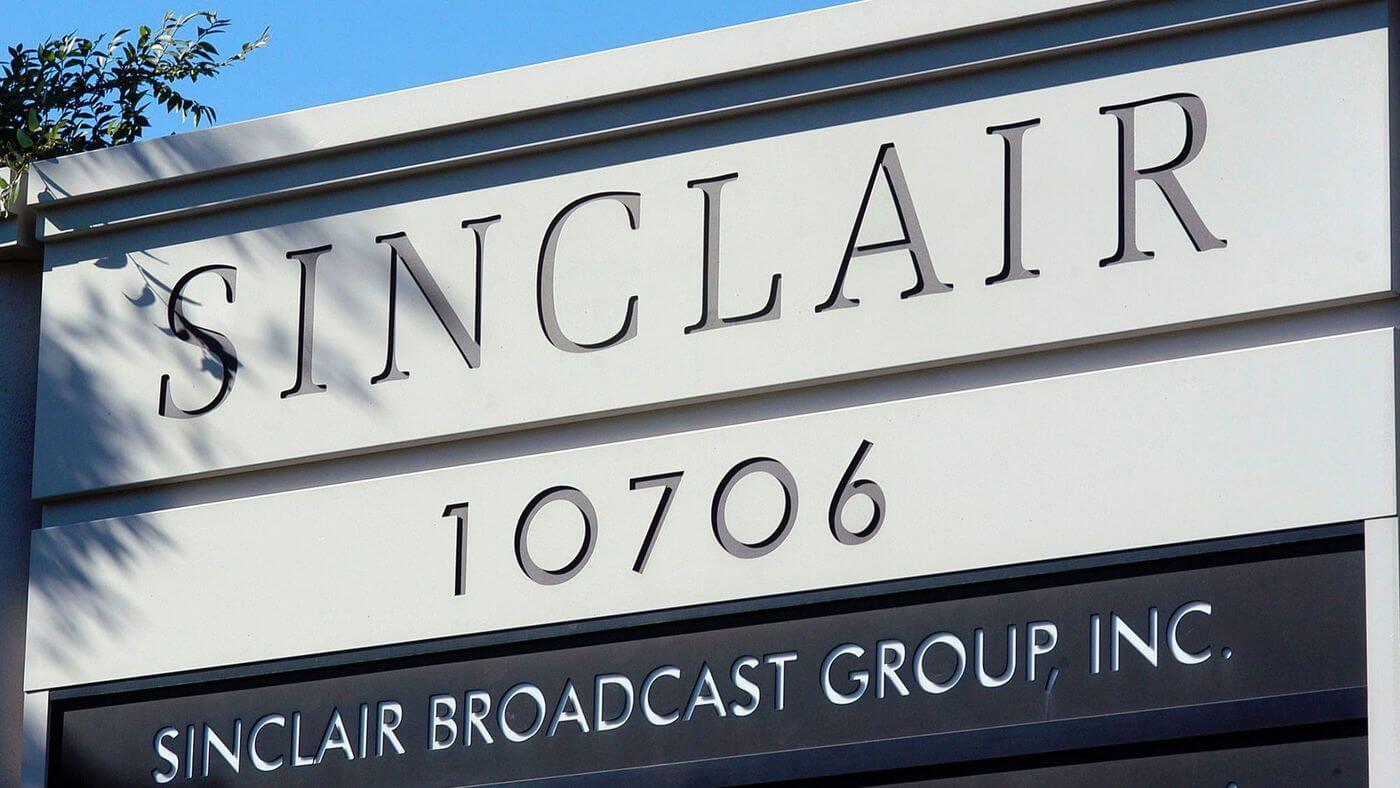
The Sinclair Broadcasting Group has been in the news recently after forcing many TV stations to read the same scripted attack on the effects of social media and politics. As a result, some have wondered how Sinclair can stay in business and why anyone would still want to work for them. It turns out that many employees are legally trapped and would face huge fees if they decided to quit the company.
According to documents obtained by Bloomberg from two separate sources, some Sinclair employees were forced to sign strict contracts when they became employees. These include six-month noncompete agreements, forced arbitration, and liquidated damages. Such contracts are standard among high-profile positions like on-air talent, but Sinclair has allegedly made employees who never appeared on TV sign them. The sources spoke under the condition of anonymously and added that these contracts are the only thing keeping them from quitting.
One employee did, however, quit after being forced to interview citizens with loaded political questions that he felt did not represent real journalism. Sinclair then sued him for nearly $6,000 in damages. In some cases, employees must pay up to 40% of their annual salary to Sinclair.
Legal and industry experts generally believe that these clauses likely won't stand up in a court, but the fact that employees may need to hire a lawyer if they want to quit serves Sinclair's purpose just as well. By strong-arming their employees into staying put and not speaking up, Sinclair can maintain their broadcasting dominance. They are still awaiting FCC approval for their purchase of Tribune Media which will give them a presence in most US households.
Lead Photo Credit - LA Times
https://www.techspot.com/news/74001-many-sinclair-employees-cant-quit-because-their-contracts.html